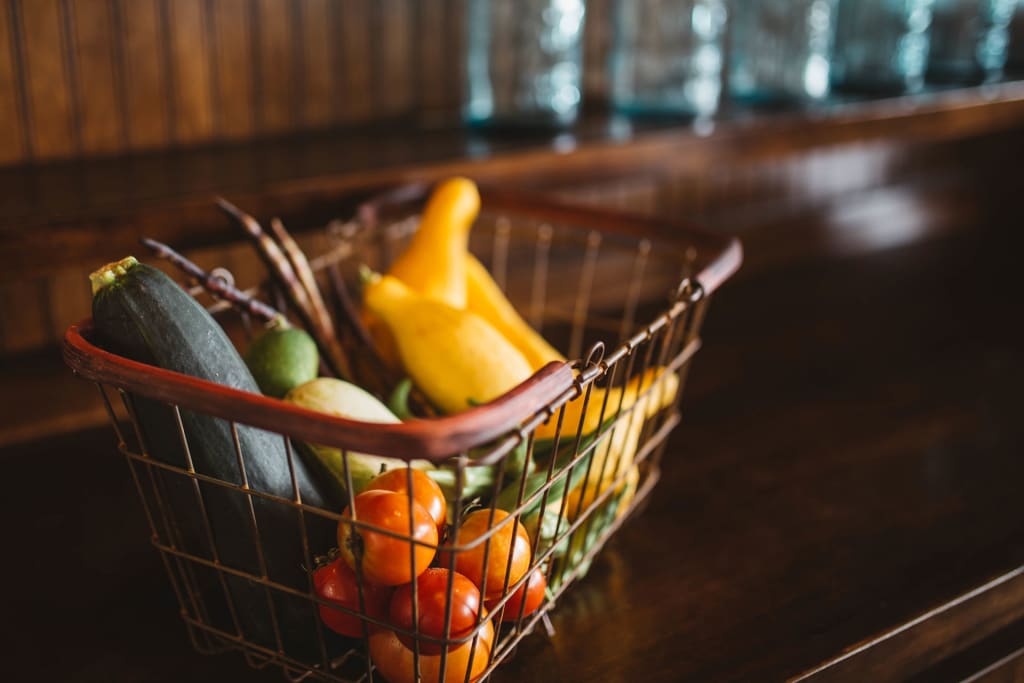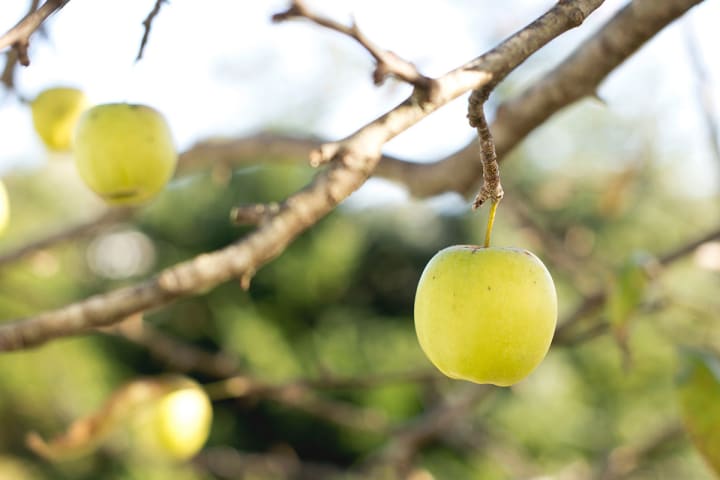Going Organic: What Making the Switch Really Entails
Is going organic really that easy?

Going organic used to be something that was onc relegated to the circles of "extreme hippies" and natural health nuts. However, as years passed and awareness of the potential pitfalls of pesticides, more and more people began to get in on the trend.
Eventually, it became mainstream and became viewed as a subtle way to show that you care about the environment using your money and lifestyle. Models began to tout it as a way to improve their physiques and get clearer skin. Nowadays, even parents are getting in on it.
In many cases, going organic is a parenting choice that involves positive peer pressure from other moms. Many moms have felt the squeeze to opt for organic snacks for class outings with other kids. It's also not surprising that many moms-to-be choose to begin going organic before the baby is even born.
But, what does going organic really, truly entail? Here's what you need to know if you're looking into joining the trend.
First off, going organic means that you'll only consume food and drinks that are created in a certain way.

According to Organic.org, organic food is food that is "organic produce and other ingredients are grown without the use of pesticides, synthetic fertilizers, sewage sludge, genetically modified organisms, or ionizing radiation. Animals that produce meat, poultry, eggs, and dairy products do not take antibiotics or growth hormones."
In other words, if you're eating organic produce, then you're eating food that has been grown the old fashioned way - using biological fertilizers, natural pest control methods, and no weird stuff in its creation.
Obviously, eating an organic-only diet means that you often can't eat mass produced snack foods or fast food like most others could. So, if you love Monster Energy drinks, McDonald's, or Taco Bell, you probably won't have an easy time going organic.
Going organic also will mean that shopping may be a bit more involved...

Anyone who has gone organic will tell you that shopping might become a little more involved - and a little bit more expensive. In order to actually ensure that you're going organic, you will have to start reading food labels and searching for a USDA "Certified Organic" sticker on the foods you're eating. You will also have to make sure that you're buying organic produce, which may mean going to a different produce section than you're typically used to.
If you don't want to constantly pick at labels and search for organic approval, it may be a better option to try out an organic-focused store. Chains like Whole Foods and Trader Joe's, for example, are known for carrying an all-organic stock. Dean's Market, if you're in the New York City area, also is a decent option.
What many people find is that going organic often will also mean higher prices.

Though it is sometimes possible to find cheap organic food, most people who have made the switch will tell you that they noticed an additional $25 to $50 on their weekly food bills. Sometimes, it's even more. After all, there's a reason why they call Whole Foods "Whole Paycheck" as a joke.
Obviously, choosing organic as an option isn't a good choice if you are not well off. However, if you really do love the idea of choosing the option, couponing, pooling resources with other organic fans, and also joining a coop might be a good way to make that switch.
That being said, people who are in deep poverty might still be able to get some help with organic food buying. SNAP does cover organic foods, and there are many organizations out there that focus on getting organic food available to people who are below the poverty line.
Shopping aside, most people don't really see going organic as too big a lifestyle change.
Assuming that you don't get every single meal you eat out of McDonald's, there's not really much you should expect to see different about your lifestyle requirements if you choose to go organic.
There are organic junk foods like chips and chocolate out there if you need to indulge. You can make any recipe you want to make using organic ingredients. And, though it's highly encouraged, you definitely don't need to choose organic clothing, laundry detergents, or makeup to claim your organic title.
So, as long as you're shopping right, you should be good to go.
About the Creator
Rowan Marley
Rowan Marley is a 20-year-old sports enthusiast who hails from Brooklyn. When he's not hitting up a local Zumba class, he's drinking organic smoothies. That's just how he rolls.






Comments
There are no comments for this story
Be the first to respond and start the conversation.